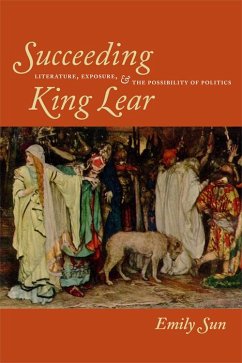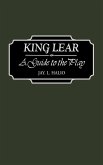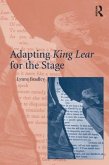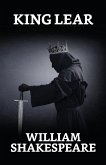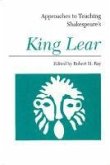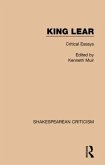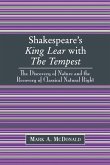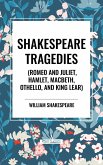This book investigates the question of the relations between literature and politics in democratic modernity. It makes connections between Shakespeareas tragedy, Wordsworthas poetry, and the documentary nonfiction and photography of James Agee and Walker Evans to offer new ways of thinking of the logic of literary history and the relationship between early modern, Romantic, and twentieth-century texts; and it brings literature into dialogue with contemporary philosophical re-readings of Western political thought. "King Lear," Sun argues, opens up a literary succession at the heart of which is a crisis of sovereignty. Interrogating what it is to be a political subject as actor and spectator in the kingdom, the play issues an injunction to transform spectatorship in plural and nonsovereign terms. Thorough engagements with Lear, Wordsworth in the 1790s, and Agee and Evans in the 1930s assume this injunction by generating new artistic genres and modes for their times.
Hinweis: Dieser Artikel kann nur an eine deutsche Lieferadresse ausgeliefert werden.
Hinweis: Dieser Artikel kann nur an eine deutsche Lieferadresse ausgeliefert werden.

